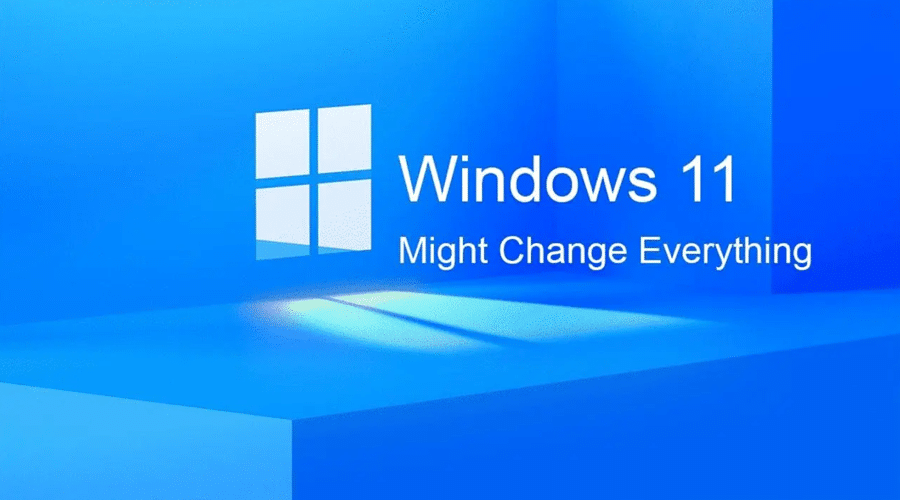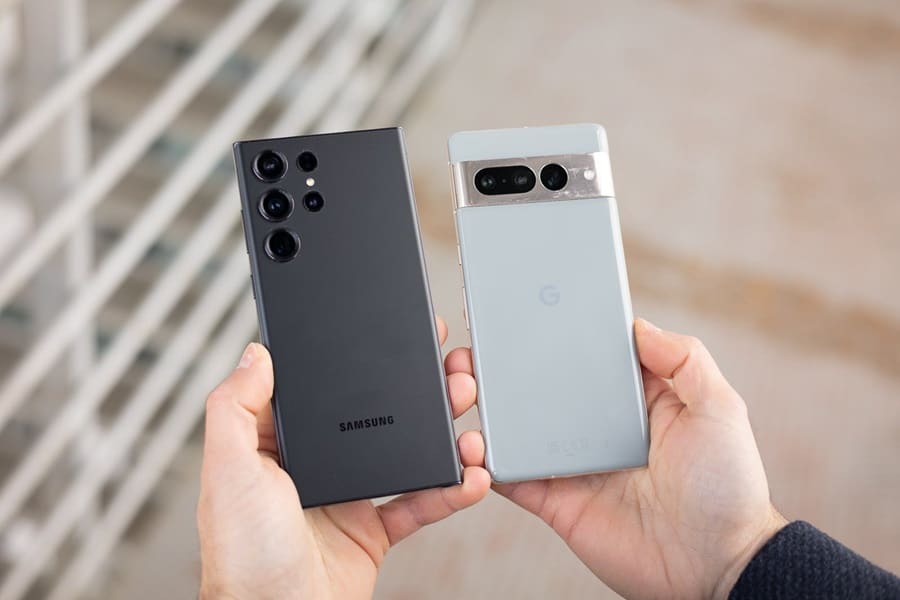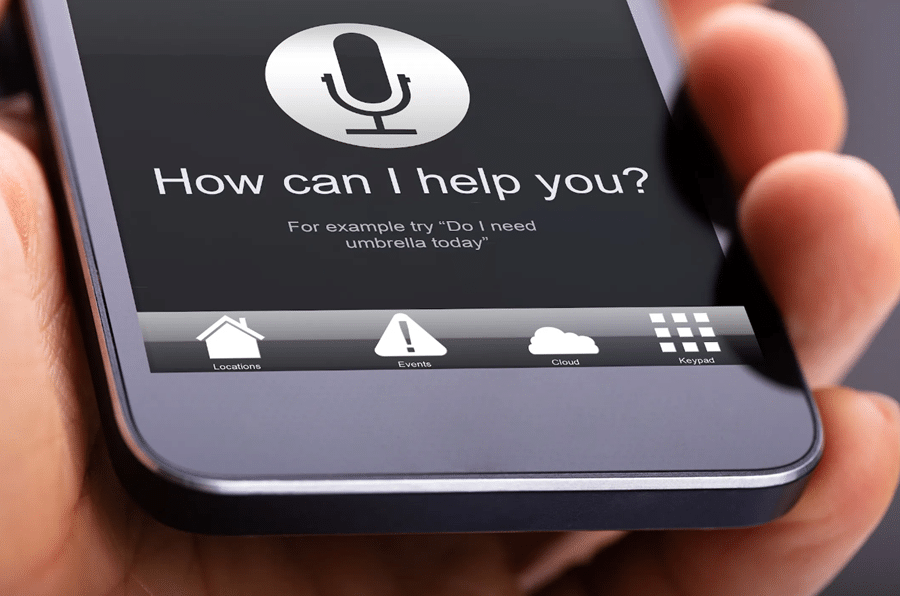In the dynamic landscape of mobile technology, the battle between Android and iOS platforms remains a topic of heated discussion and analysis. Each operating system boasts unique features, user interface, and customization options, catering to different user preferences and needs. This article delves into the nuances of Android and iOS, comparing their ecosystems, user experience, customization capabilities, security features, app availability, performance, and cost-effectiveness. By examining these critical aspects, we aim to provide readers with a comprehensive understanding of what each platform offers, assisting them in making an informed decision about which suits them best.
Contents
Ecosystem and Integration

Android and iOS offer distinctly different ecosystems, influencing how users interact with their devices and other technology. Android, developed by Google, provides a more open environment, allowing greater flexibility in integrating a wide range of devices and services. This openness fosters a diverse ecosystem, enabling users to customize their experience extensively.
Conversely, Apple’s iOS boasts a tightly integrated ecosystem, ensuring seamless connectivity between iPhones, iPads, Macs, and other Apple products. This integration offers a more unified and streamlined experience, particularly beneficial for users deeply invested in the Apple ecosystem. Each ecosystem has its advantages, with Android appealing to those who value customization and broader compatibility and iOS attracting users looking for a cohesive and intuitive user experience.
User Interface and Usability
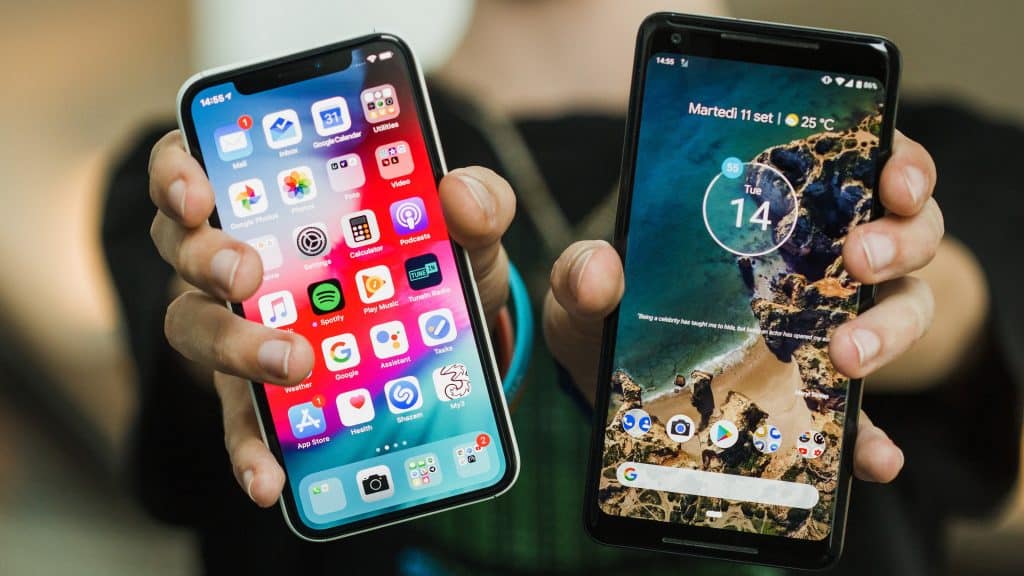
The user interface and usability of Android and iOS reflect their distinct philosophies. Android offers a highly customizable interface, allowing users to tailor their home screens, widgets, and overall layout to their preferences. This customization extends to installing third-party apps and launchers, giving users control over their device’s appearance and functionality.
In contrast, iOS features a more consistent and simplified interface, prioritizing ease of use and accessibility. Apple’s design philosophy ensures that iOS devices have a uniform look and feel, making them instantly recognizable and user-friendly. While Android’s flexibility appeals to tech-savvy users and those who wish to personalize their devices, iOS caters to users seeking simplicity and reliability in their user experience.
Customization Capabilities
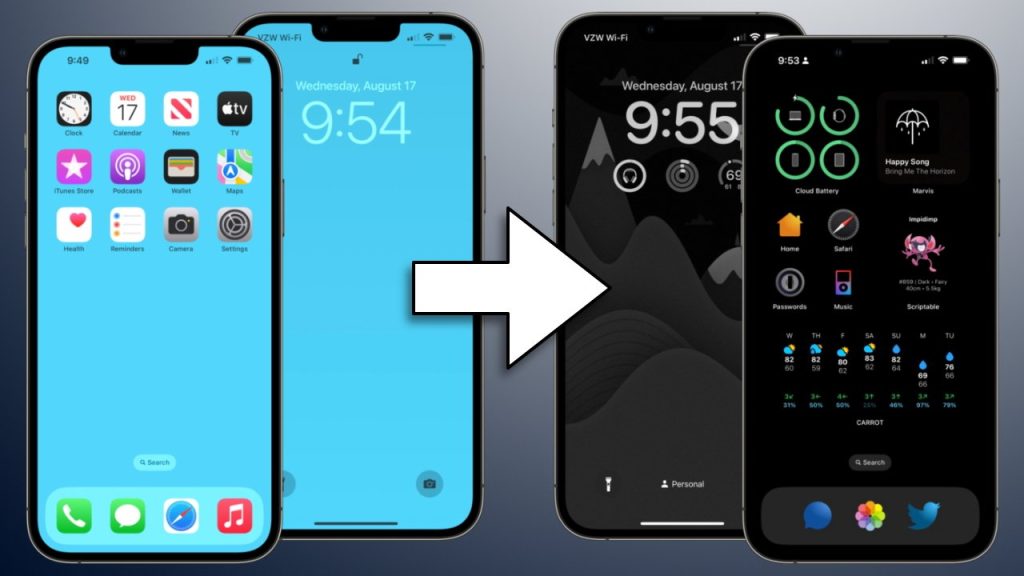
Customization is a significant factor that sets Android apart from iOS. Android users can modify almost every aspect of their device’s software, from the home screen layout to the default apps for various tasks. This open nature allows a personalized smartphone experience tailored to users’ needs and preferences. Widgets, live wallpapers, and custom ROMs further enhance Android’s customization capabilities, offering endless possibilities for personalization.
On the other hand, iOS offers a more controlled environment, with limited customization options mainly confined to app arrangement on the home screen and a selection of widgets. While this approach maintains a clean and streamlined user experience, it may not satisfy users who desire more personalization.
Security and Privacy
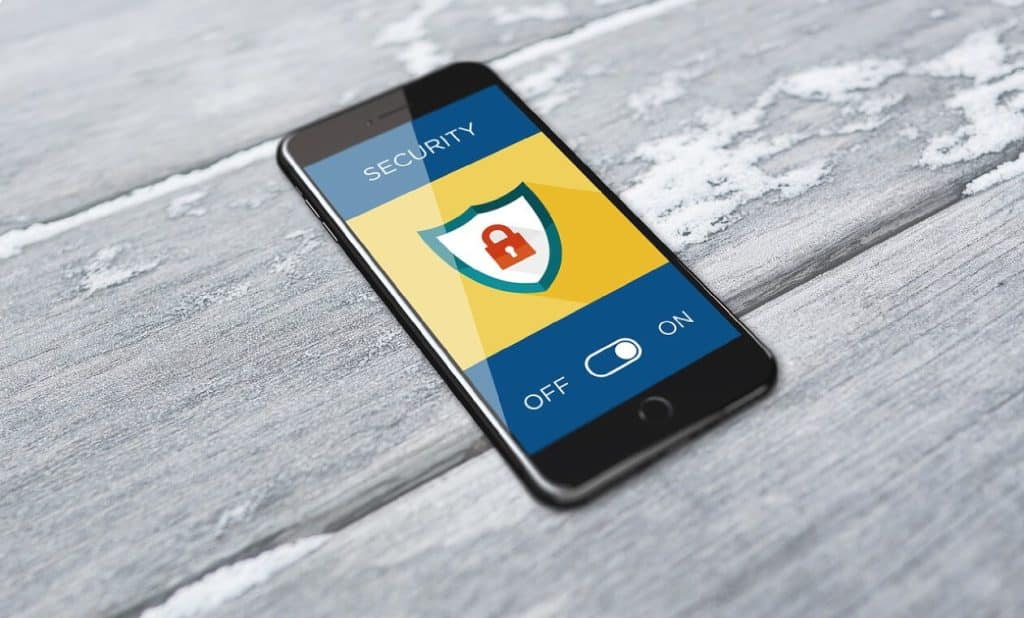
Security and privacy are paramount in today’s digital age, and both Android and iOS have taken significant strides to protect users. iOS is often lauded for its robust security features, thanks to Apple’s controlled app ecosystem and regular software updates. The closed nature of iOS makes it less susceptible to malware and security threats, providing a secure environment for users.
While offering more openness, Android has improved its security measures with features like Google Play Protect and timely security updates. However, the platform’s diversity and openness can expose users to more security risks than iOS. Both platforms prioritize user privacy, with various settings and permissions that users can adjust to protect their personal information.
App Availability and Quality
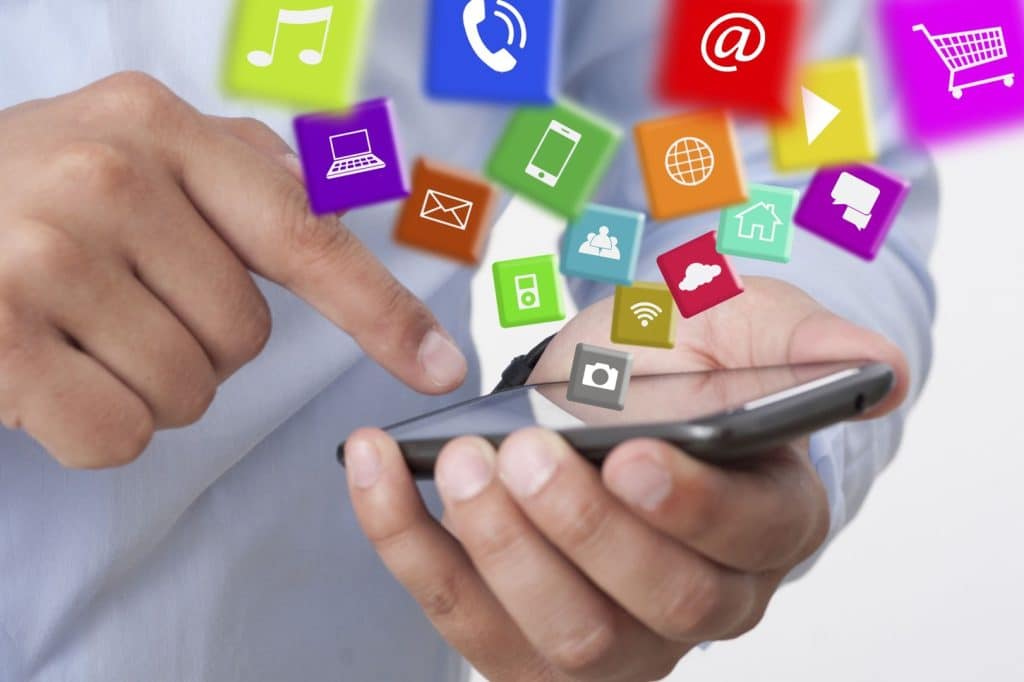
Regarding app availability and quality, Android, and iOS boast extensive app libraries catering to virtually every user’s needs. The Google Play and Apple App Store are teeming with millions of apps, from productivity tools and games to lifestyle and education applications. However, iOS often gets the upper hand regarding app quality and exclusivity. Developers prioritize iOS due to its lucrative user base, leading to many apps and games being released on the App Store first.
Furthermore, Apple’s stringent app review process ensures higher quality and security standards. While Android offers a broader range of apps, including those that allow for more customization and control over the device, it sometimes faces challenges with app consistency and security.
Performance and Hardware
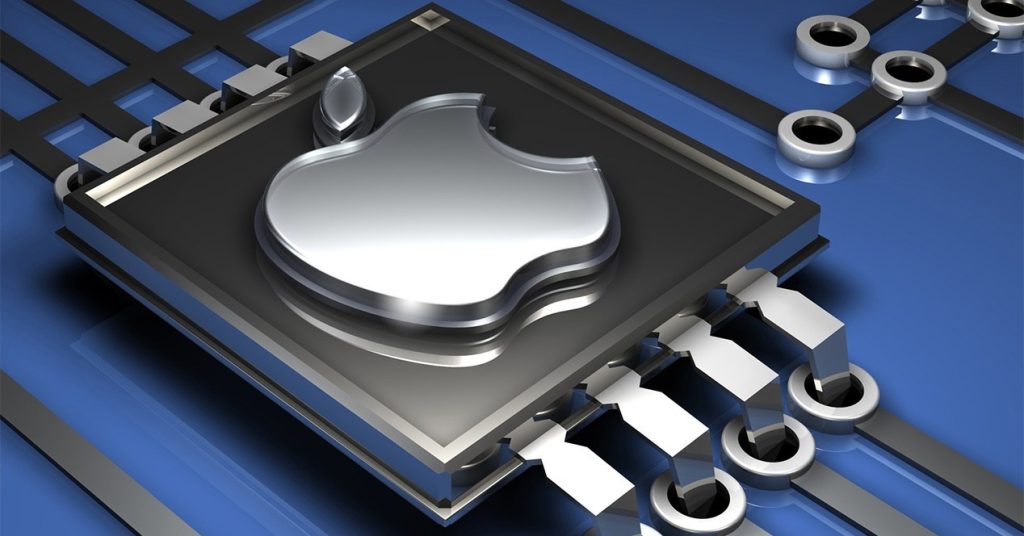
Performance is a key consideration for users, and both Android and iOS offer devices that cater to a wide range of performance needs. iOS devices, particularly the latest iPhone models, are renowned for their fast processors and optimization, providing a smooth and efficient user experience. Apple’s hardware and software integration ensures that iOS runs seamlessly, maximizing the performance of their devices. On the other hand, Android devices come in a wider variety of hardware configurations, offering high-end options for power users and more affordable models for those on a budget. High-end Android smartphones boast powerful processors and large amounts of RAM, rivaling the performance of top-tier iOS devices.
However, the diversity in Android hardware can also lead to variability in performance across different devices. With manufacturers like Samsung, Google, and OnePlus, Android users can choose a device that fits their performance needs and budget constraints. This variety ensures an Android device for every user, from those seeking the ultimate gaming experience to individuals needing a reliable smartphone for everyday use.
Battery Life and Charging
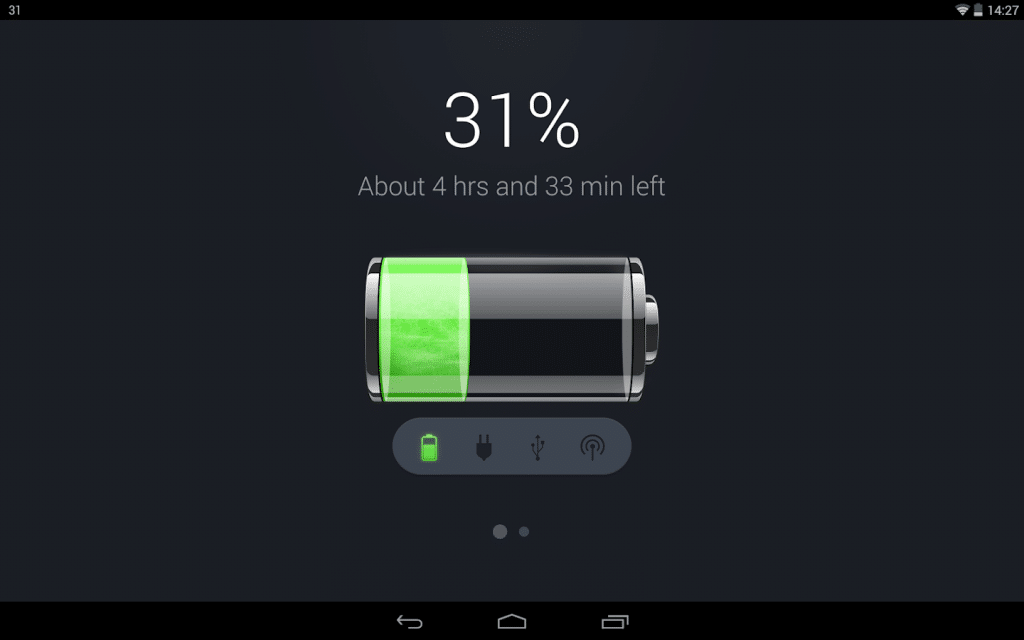
Battery life is a crucial aspect of the user experience, affecting how long a device can be used before recharging. Android devices typically offer a range of battery life options, with some models featuring large batteries that can last more than a day on a single charge. Android’s open platform also allows more aggressive battery management apps and settings to extend battery life further. In contrast, iOS devices are optimized for efficiency, with Apple’s software optimizations working to prolong battery life even on devices with smaller batteries.
Furthermore, both platforms have embraced fast and wireless charging technologies, although the availability and speed of these features can vary significantly between Android manufacturers and iPhone models. Ultimately, the choice between Android and iOS may come down to specific needs for battery life and charging preferences, with both platforms offering compelling options.
Cost-effectiveness and Value

When evaluating the cost-effectiveness and value of Android and iOS devices, it’s essential to consider the initial purchase price and the overall value over the device’s lifespan. Android offers various devices at various prices, from budget-friendly models to premium smartphones. This variety enables users to find a device that fits their budget without compromising essential features. On the other hand, iOS devices, particularly iPhones, are generally priced higher, reflecting Apple’s premium branding and the high-quality materials used in their construction.
However, iPhones often maintain their value better over time, offering higher resale values and longer support in terms of software updates. This longevity can make iOS devices a more cost-effective choice in the long run for users who prioritize device lifespan and support over initial cost savings.
The Bottom Line
Choosing between Android and iOS involves weighing various factors, from ecosystem integration and customization capabilities to security, app availability, and cost-effectiveness. Android offers unparalleled flexibility and a wide range of device options, appealing to users who prioritize customization and variety. In contrast, iOS provides a cohesive, user-friendly experience with timely updates and a focus on security and privacy, suited for users seeking simplicity and reliability. Ultimately, the decision hinges on individual preferences, requirements, and lifestyle.
